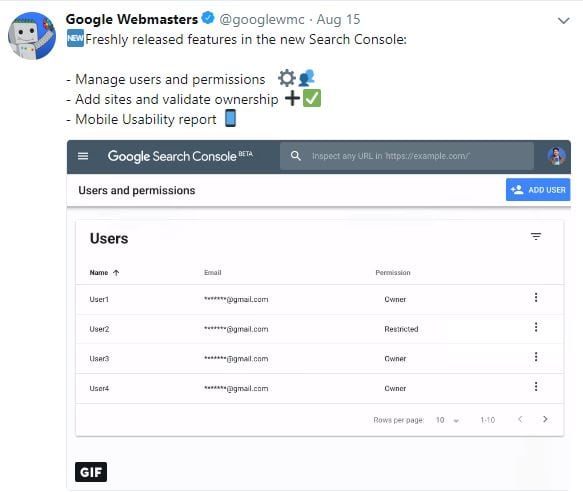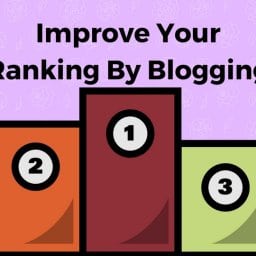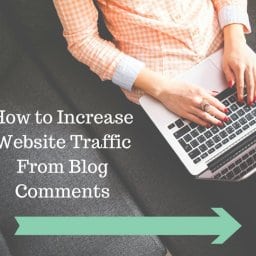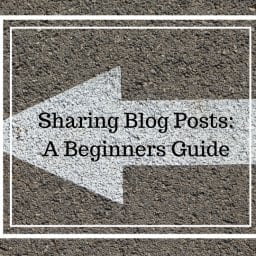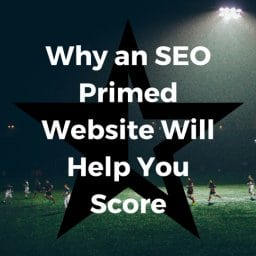As of August, 1st Google implemented their core, global, update, stating “each day, Google usually releases one or more changes designed to improve our results. Some are focused around specific improvements. Some are broad changes. Last week, we released a broad core algorithm update. We do these routinely several times per year….”
Here’s what’s being shared in the land of SEO talk:
“This update looks to have affected a large number of sites across multiple niches, with some gains and some losses. However, they are all a similar type of site known as YMYL sites. YMYL – Your Money or Your Life
These sites focus on getting the user to make a financial transaction in exchange for potentially life changing information or products. Where there is the potential of a significant impact to lifestyle/health etc these are typically YMYL sites.
Within the Search Quality Raters Guidelines, Google explains YMYL pages as follows:”
Some types of pages could potentially impact the future happiness, health, financial stability, or safety of users. We call such pages “Your Money or Your Life” pages, or YMYL.
You can follow news from Google’s Liaison here

Honestly, the same as you have been but with more monitoring. It can be frustrating when these constant updates are happening and often with little explanation. That’s why we are here! We can help guide you to optimize your site to the latest standards.
- Perform a thorough crawl analysis and audit of your site. Surface all potential quality problems and form a plan of attack for fixing them (and improving the site overall).
- Conduct user studies to understand how real people view your site. I’m not talking about having your mother, spouse, or close friends go through your site. I’m talking about objective third parties that can evaluate your site based on specific actions you want them to take. Identify all problems and barriers and remove them.
- Analyze your Google Search Console (GSC) reporting, including the new index coverage reporting (which is killer). Find all technical SEO problems (combined with your crawl analysis and audit), and then fix them as quickly as possible.
- Continue to publish killer content. Don’t sit and wait while you are fixing problems… Keep pumping out high-quality content that users want to read (based on understanding your niche). The more high-quality content you can produce, the more you will exceed user expectations, which will often yield more sharing, which can result in more branded searches for your site and content, while also enabling you to build more (natural) links.
- Keep building E-A-T. Note, you can not quickly build E-A-T… you will need to do this over time. Remember, Google’s Gary Illyes explained when evaluating E-A-T, Google primarily looks at links and mentions from well-known sources. You cannot quickly build those links and mentions, but you can over the long-term by working hard and doing the right things. And make sure to showcase your expertise on your site and in your linked profiles (like Social). Jennifer Slegg just covered Google’s new creator reputation from the latest quality rater guidelines released in July. I recommend reading her post to get a solid understanding of what Google is doing on that front.
Update to Google Search Console provided August, 27:
Although Google has been making small changes in their reporting for some time with “anonymous queries” they’ve recently stated that:
Chart totals no longer include anonymous* (rare) queries when you apply a query filter. Previously, the chart totals included all anonymous queries when a “Queries not containing:” filter was applied. Because of this, you might see a drop in clicks and impressions when adding a filter that excludes specific queries. We believe that omitting anonymous queries from all query-filtered results is more consistent.
* An anonymous query is a query submitted only a few users. We omit these queries from results to protect user privacy. Some sites will have very few unique queries; other sites will have a large proportion of anonymous queries.
View Google’s Search Console reference for searching in your Google Analytics Report in this they explain “To protect user privacy, Search Analytics doesn’t show all data. For example, we might not track some queries that are made a very small number of times or those that contain personal or sensitive information.”


